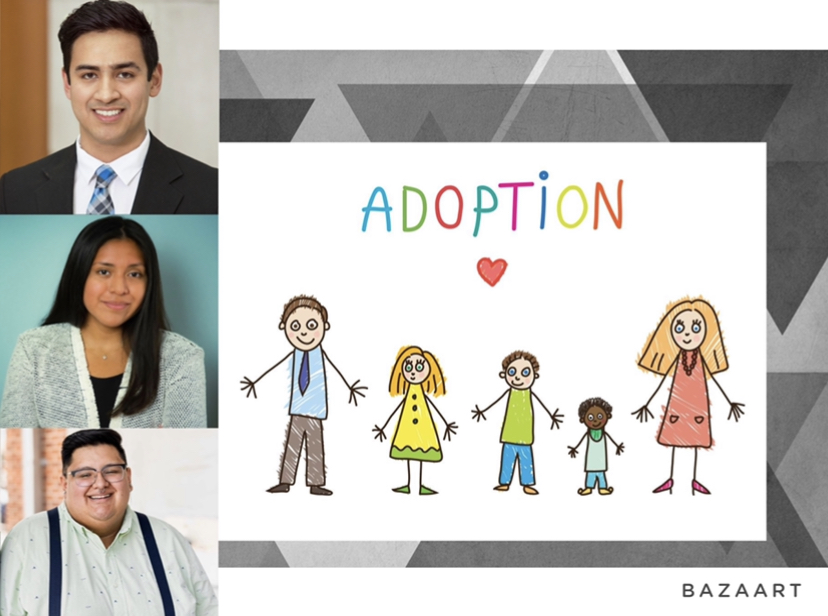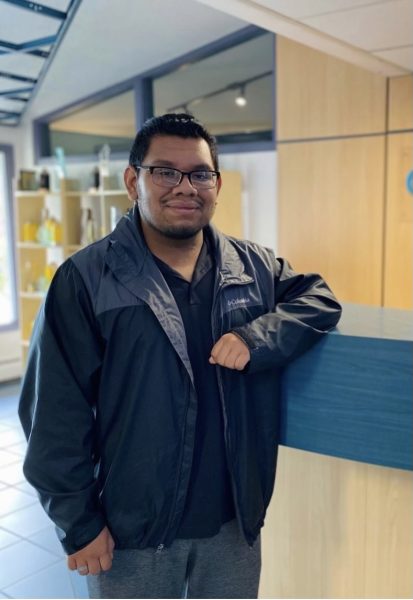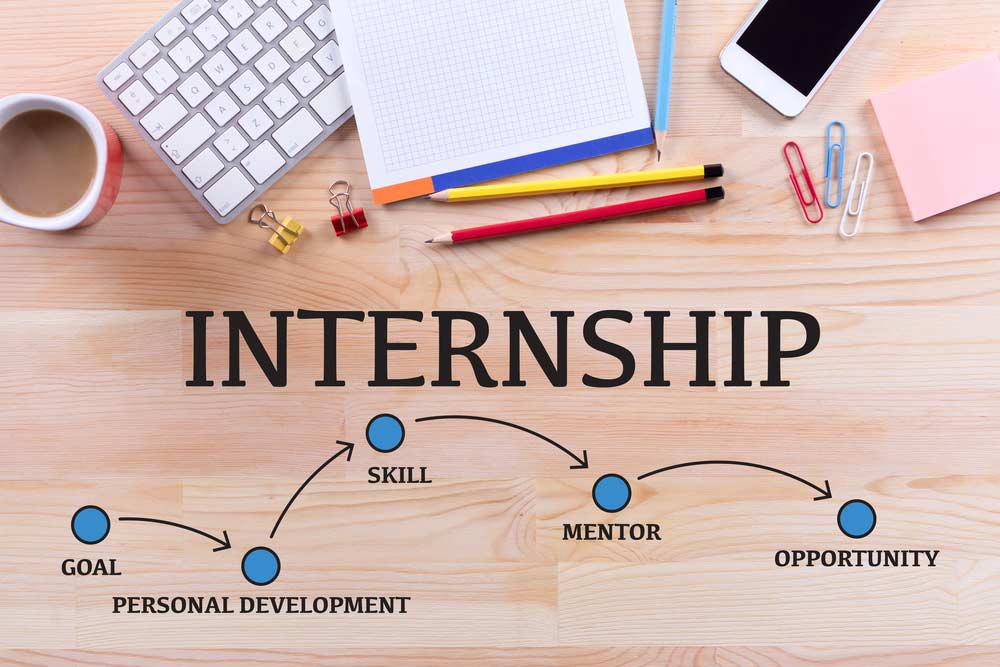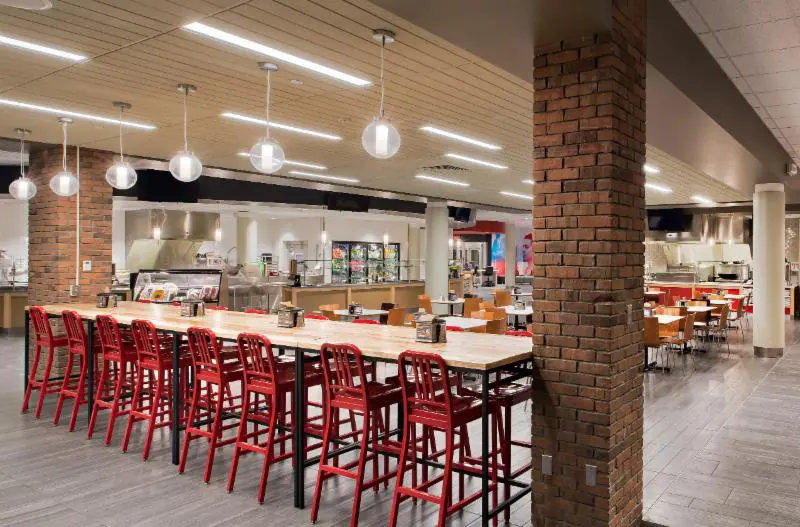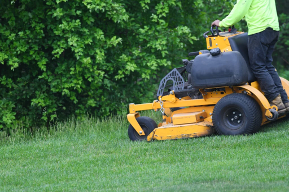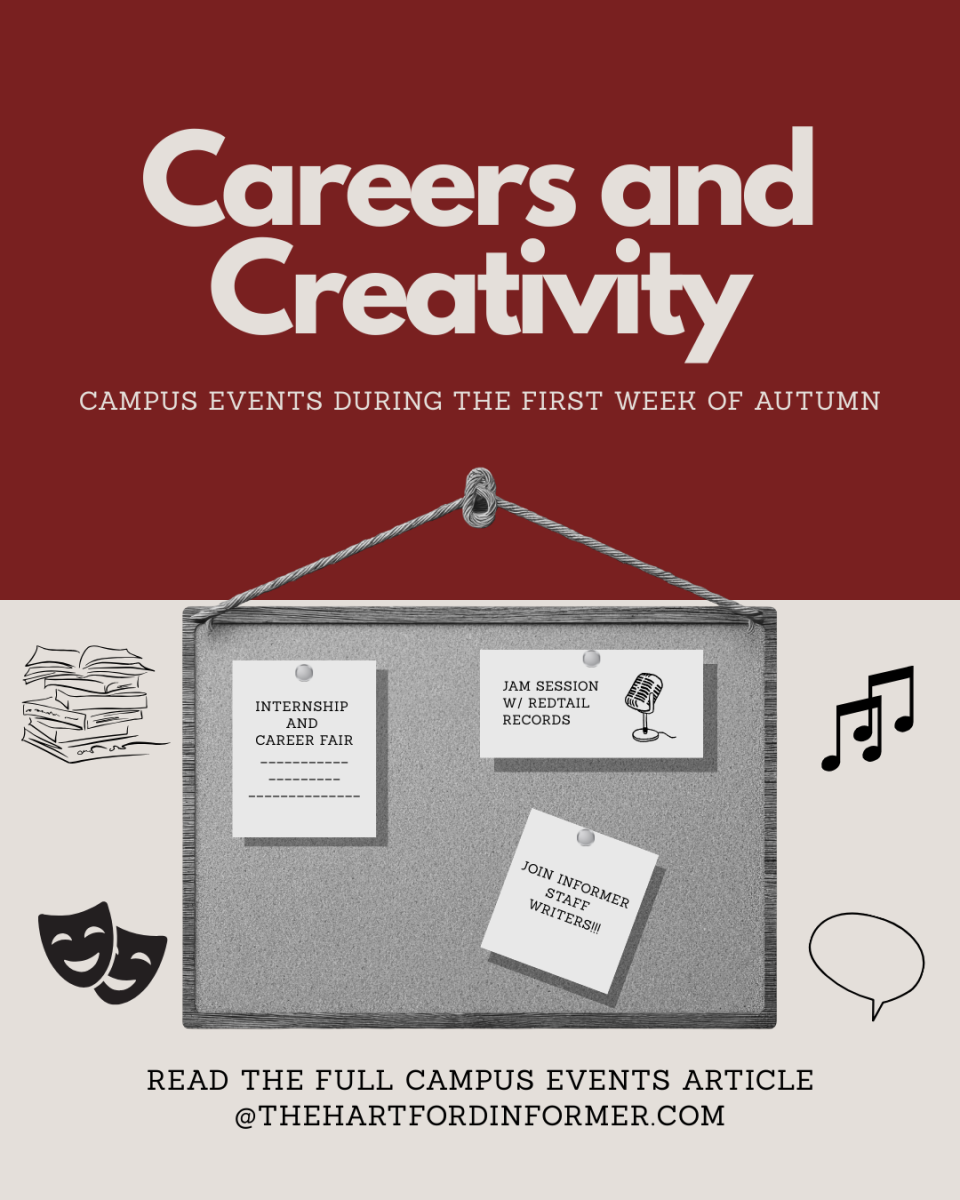UNIVERSITIES NEED MORE SOURCES TO ADVOCATE FOR ADOPTED YOUTH IN THEIR INSTITUTIONS
August 31, 2022
I have always found it quite troubling that throughout my entire time in college, I have ceased to find any organization on campus that directly promoted help and advocacy for adoptees going to college.
The struggles of abandonment, survivors guilt, and not knowing your true family are struggles that are lifelong. But I along with many other adopted people within my close network of friends have found a spike within that depressive state entering the early twenties when it comes to our own story.
With this being said, I find it important to ask this question often when it comes to navigating my own adoption along with all the other obligations college delivers: Should there be a peak in on campus advocacy nationwide for adopted youth?
I had the chance to speak to Guatemalan adoptee and University of Minnesota Alumni, Ben Fossen on this inquiry:
“…I think I would have felt less like I am the only kid who has this experience of being adopted from Guatemala. I think I would have had a place to talk about some of the things I was going through.” All which led Ben to form a nonprofit organization advocating for late teens and adult adoptees known as “Adoptees with Guatemalan Roots.”
Quinnipiac University Student and Guatemalan adoptee Glenna Gobeil elaborated on Ben’s thoughts. Putting forward ideas behind adoptee advocacy for students on campus and the benefits it would have on students from various diverse backgrounds:
“I absolutely think organizations for adoptees are necessary…having an organization for adoptees can really be beneficial for students of color specifically who also share the experience of being adopted because it is a much different experience than solely being a person of color.”
Emphasizing the often prominent difference between adoptive parents of children with a transracial identity who often lack speaking or expressing openly a desire to understand their cultural identities at home, and the importance college could have in breaking down these barriers.
“…it would have been helpful!” University of Maryland Alumni, Joe Toolan explained to me diving into the risks college aged adoptees often face during this period of change.
“Creating a safe space for folks with shared identities sometimes can be the difference from life or death… studies show that adoptees are more likely to attempt suicide and have substance abuse issues than their non-adopted counterparts. Specifically adoptees are four times more likely to attempt suicide. Having a space for adoptees to come and connect, share their story, and potentially share resources, could change the path for many adoptees.”
So now I ask myself: Should there be a peak in on campus advocacy nationwide for adopted youth?
And I say absolutely, Living a life everyday of never fully understanding why I was given up for a life in America and given an endless amount of opportunity to find happiness in my life unlike my own siblings in America is something I struggle with.
I find deep sympathy and truth in the feelings and facts my adopted counterparts say, though some adoptees in school may be able to manage their thoughts on their situations without any help. It is crucial Universities advocate more for those who may lack opportunities or a chance to ever process their adoptions in their lives at home. The desire to allow youth all over our Nation’s institution lies in the hands of all colleges.
Afterall, it is in college where students are allowed to find avenues in understanding themselves beyond the realm of Academia. If Universities stand silent in the effort to be inclusive towards everyone, including Adoptees of all backgrounds, the feeling of loss and confusion for where to turn to help for many College level adoptees will forever remain acute.
